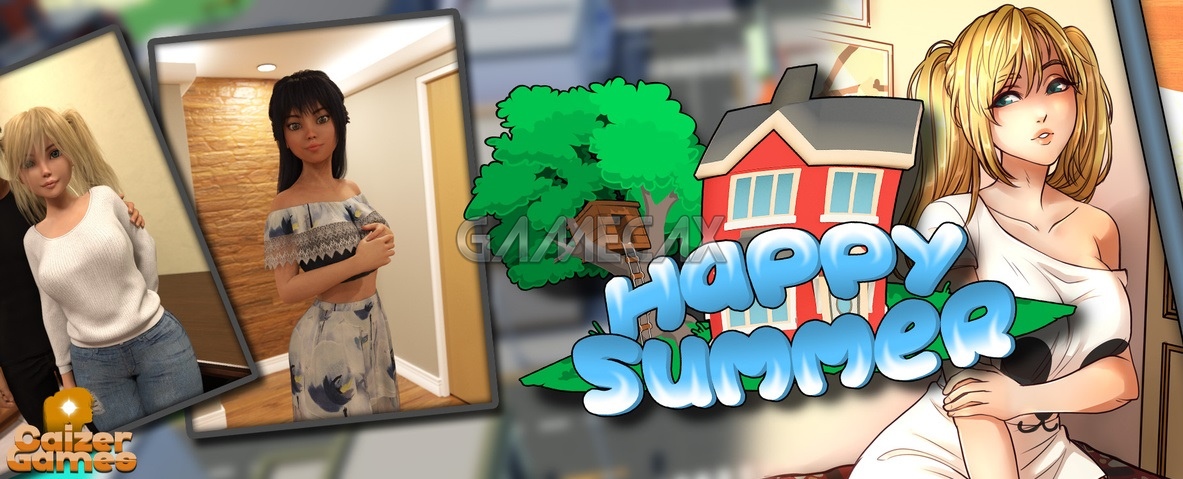

Internal validity studies of the structure of the KLSI 4.0.1 using correlation and factor analysis are reported. Chapter 5 provides information about research on the internal and external validity for the instrument. Chapter 4 includes internal reliability and test-retest reliability studies of the inventory. Chapter 3 describes the characteristics of the KLSI 4.0 normative sample.

Chapter 2 provides a description of the inventory that includes its purpose, history, and format. The first chapter describes the conceptual foundations of the LSI 3.1 in the theory of experiential learning (ELT).

The technical specifications are designed to adhere to the standards for educational and psychological testing developed by the American Educational Research Association, the American Psychological Association, and the National Council on Measurement in Education (1999). Based on many years of research involving scholars around the world and data from many thousands of respondents, the KLSI 4.0 includes four major additions- A new nine learning style typology, assessment of learning flexibility, an expanded personal report focused on improving learning effectiveness, and improved psychometrics. The Kolb Learning Style Inventory 4.0 is the first major revision of the KLSI since 1999 and the third since the original LSI was published in 1971. Like its predecessors, the KLSI 4.0 is based on experiential learning theory (Kolb 1984) and is designed to help individuals identify the way they learn from experience. The game is directed by Czech artist, animator, and designer Jaromír Plachý, whose teams previously created Botanicula (2012) and CHUCHEL (2018).The Kolb Learning Style Inventory version 4.0 (KLSI 4.0) revised in 2011, is the latest revision of the original Learning Style Inventory developed by David A. He won’t be all alone on this trip, though - there are many smiley faces to meet, adorable bunnies to slice with a guillotine greet, or an elusive football to chase. This time, players will find themselves playing as a little boy who experiences a terrible nightmare, passing through three unique worlds filled with playful tasks and puzzles. Happy Game is a psychedelic horror adventure that departs significantly from Amanita’s charming, family-friendly style. Happy Game was just revealed today with its debut trailer, being part of Nintendo’s latest Indie World presentation, and is releasing on Nintendo Switch and PC next spring. Sweet Dreams Await. :) Amanita Design, the Czech independent studio behind Machinarium, Samorost, or Creaks, is announcing Happy Game, a new psychedelic horror game from Jaromír Plachý, creator of Botanicula and CHUCHEL. Happy Game launches on PC and Nintendo Switch next spring. Creators of CHUCHEL and Machinarium enter horror.


 0 kommentar(er)
0 kommentar(er)
